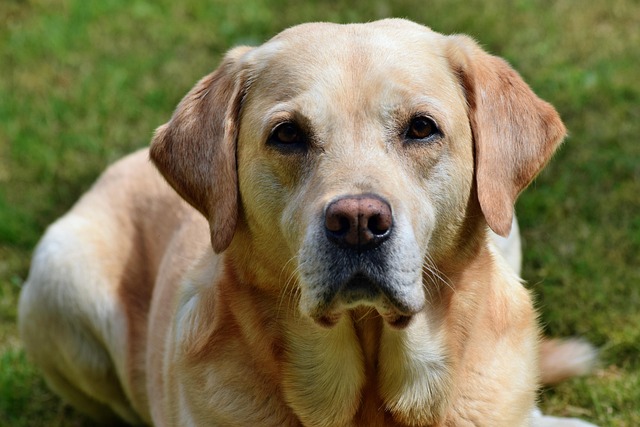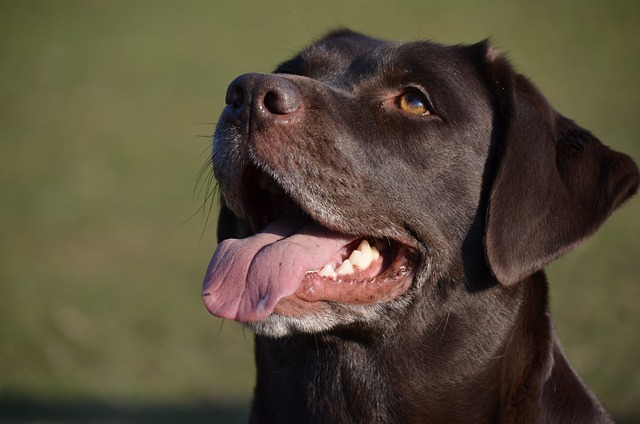
What are 5 common foods to feed dogs if they have an upset stomach
If you’ve ever watched your dog turn away from their food, then spend the next hour pacing and whimpering, you know the panic of an upset stomach.
Picture this: You’ve got a last-minute weekend getaway planned – maybe a friend’s wedding in Nashville or a cabin retreat in the Rockies. Your automatic feeder promises peace of mind, dutifully dispensing kibble while you’re gone. But hitting "start" and walking out for 72 hours? That’s playing Russian roulette with your dog’s wellbeing. While feeders solve the mechanical task of food delivery, they ignore the complex biological, emotional, and legal realities of canine care. Dogs aren’t robots; they’re social creatures with needs extending far beyond calories. Leaving them completely unattended for three days risks canine isolation stress that can spiral into destructive chewing, incessant barking disturbing apartment neighbors, or even self-harm – especially for rescues with abandonment trauma. That feeder won’t notice if your Lab, Duke, stops eating due to an intestinal blockage or knocks over his water bowl on Day 1, facing dehydration by Day 2 in your stuffy Phoenix apartment. Technology fails, too: Power flickers during a Midwest thunderstorm or a jammed gear could leave him starving silently.
Let’s break down the critical gaps. Hydration is the immediate crisis. Water bowls evaporate, get tipped over, or become contaminated with slobber or debris within hours. Stagnant water in a warm Los Angeles condo breeds bacteria fast. Automatic water dispensers exist but clog or malfunction as often as feeders. Then there’s elimination. Even house-trained dogs forced to soil their space experience extreme distress, creating setbacks in training and potential UTI risks from holding it too long. The smell permeating your Boston brownstone upon return isn’t just unpleasant – it signals psychological suffering. Health monitoring is impossible remotely. Is Duke limping? Vomiting? Having seizures? An automatic feeder plows on blindly, potentially masking emergencies requiring immediate pet sitter necessity. Behaviorally, prolonged isolation erodes trust and can trigger separation anxiety that takes months of positive reinforcement training to undo – never through punishment, which violates modern welfare standards.

Legally and ethically, complete abandonment contradicts responsible ownership. US animal cruelty statutes (varying by state but universally requiring "necessary sustenance and care") could interpret a 72-hour solo stint as neglect, especially if harm occurs. Beyond moral duty, practical compliance matters: Duke’s collar must legally display current rabies tags at all times. If he somehow escaped your Denver apartment (say, during a maintenance emergency), lacking ID complicates his safe return. Leash laws and poop-scoop ordinances (requiring EPA-rated biodegradable bags) remain in force; automated feeders don’t grant exemption. Imagine Duke developing diarrhea alone – not only is he suffering, but uncontrolled waste in shared corridors violates health codes and neighbor relations. Responsible solutions exist. Hiring a trusted pet sitter for at least twice-daily visits (using apps like Rover for insured professionals) ensures fresh water, meals (even using your feeder under supervision), medication if needed, safe potty breaks on-leash, and vital companionship. Boarding at a licensed facility with 24/7 staffing is another option, especially for dogs needing social interaction.
Ultimately, automatic feeders are tools, not caregivers. They work best supplementing human-supervised care, not replacing it. For a 3-day absence, relying solely on a machine gambles with your dog’s physical health, mental state, and legal safety. Invest instead in verified care – whether a sitter staying in your Seattle loft or reputable boarding. Seeing Duke’s relaxed tail wags upon your return, knowing he was safe and content, beats returning to a stressed dog and a potential disaster scene. Responsible ownership means prioritizing his needs over convenience, every time.

If you’ve ever watched your dog turn away from their food, then spend the next hour pacing and whimpering, you know the panic of an upset stomach.

If you’ve ever cleaned up diarrhea or watched your dog vomit after meals, only to feel helpless as they refuse their next bowl of food, you know the stress of a sensitive stomach.

If you’ve ever stared at the ingredient list on your dog’s kibble, wondering what “meat by-products” really are, you’re not alone. New dog owners

If you’ve ever noticed your dog suddenly shaking their head like a wet towel, or pawing at their ear until it’s red and sore, you might’ve wondered if they’re just being “naughty.”

Finding worms in your dog’s stool or noticing them scooting uncomfortably across the floor is enough to make any pet owner’s heart sink.

If you’ve ever dreamed of having a dog but hesitated because your eyes water and nose runs around furry pets, you’re not alone.